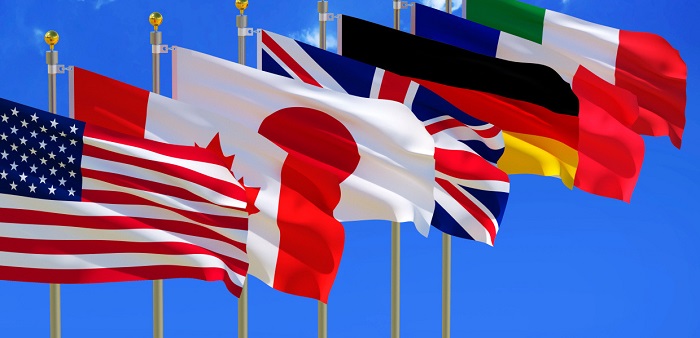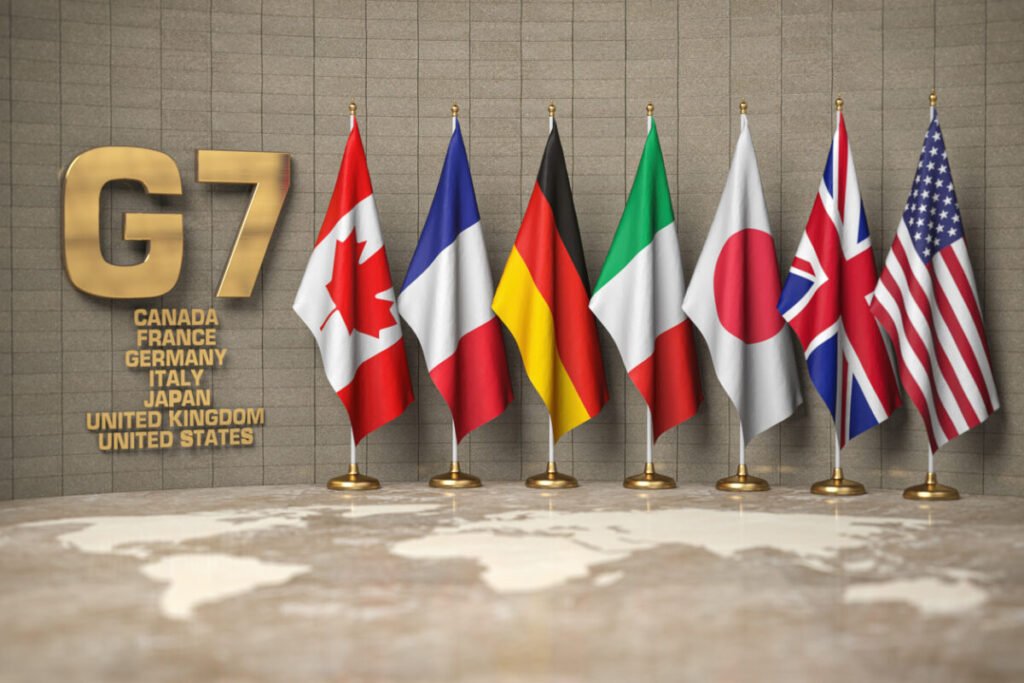The G7 foreign ministers, meeting in Tokyo, have called for temporary ceasefires in the Israel-Hamas conflict to allow humanitarian aid delivery and the release of hostages.

They also expressed the need for a broader peace process. In their joint statement, they emphasized Israel’s right to self-defense while stressing the importance of safeguarding civilians and adhering to international humanitarian law.
The G7 foreign ministers, during their two-day meeting in Tokyo, have called for humanitarian pauses in the Israel-Hamas conflict to facilitate aid delivery, hostage release, and a broader peace process. They emphasized the importance of protecting civilians and complying with international humanitarian law.
The G7 members expressed their commitment to finding sustainable long-term solutions for Gaza and reaffirmed the two-state solution as the path to a just, lasting, and secure peace. This statement marks the second joint statement from the G7 since the conflict began due to an attack by Hamas on October 7.
The G7 also reiterated its support for Ukraine, highlighted the need for engagement with China, and condemned North Korea’s missile tests and arms transfers to Russia. Israeli Prime Minister Benjamin Netanyahu indicated a willingness to consider “tactical little pauses” but, along with the United States and other Western allies, has opposed a full ceasefire, fearing it would allow Hamas to regroup.
The G7’s ability to form a united approach to the conflict has been questioned, raising concerns about its effectiveness in addressing major crises.
Long Term Plan
At a working dinner on Tuesday, the ministers also discussed the post-Gaza conflict scenario and how to rejuvenate peace efforts in the Middle East, according to a statement from Japan.
Regarding Israel’s long-term plans for Gaza, Prime Minister Netanyahu recently stated that Israel intends to maintain security responsibility for Gaza indefinitely. However, Israeli Foreign Minister Eli Cohen, in an interview with the Wall Street Journal, suggested that Israel would prefer Gaza to be governed by an international coalition, potentially involving the US, European Union, and Muslim-majority countries, or to be administered by Gaza’s political leadership.
Secretary of State Blinken emphasized in his comments following the G7 meetings that neither Hamas nor Israel should have control over Gaza.
“Now, it appears that there may be a necessity for a transitional period following the conflict. It’s important to note that Israeli leaders have expressed no intention to reoccupy Gaza,” he stated.
Diplomats in various locations, including Washington, the United Nations, and the Middle East, are contemplating different options. These discussions encompass the potential deployment of a multinational force in post-conflict Gaza, the establishment of an interim Palestinian-led administration that excludes Hamas members, the consideration of security and governance arrangements involving neighboring Arab states, and the temporary UN oversight of the region, as reported by Reuters earlier this month.
Following his visit to Tokyo, Secretary of State Blinken is scheduled to travel to South Korea, marking his first visit in over two years. The discussions during this visit will primarily revolve around reinforcing the Washington-Seoul alliance, with a particular focus on the increasing concerns regarding North Korea’s military associations with Russia.


